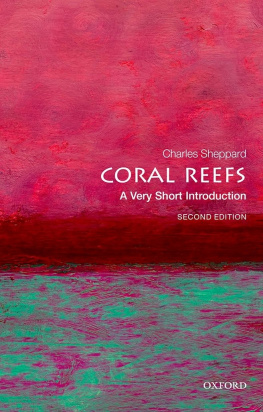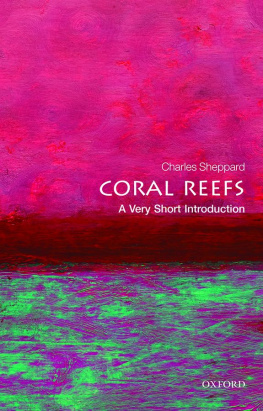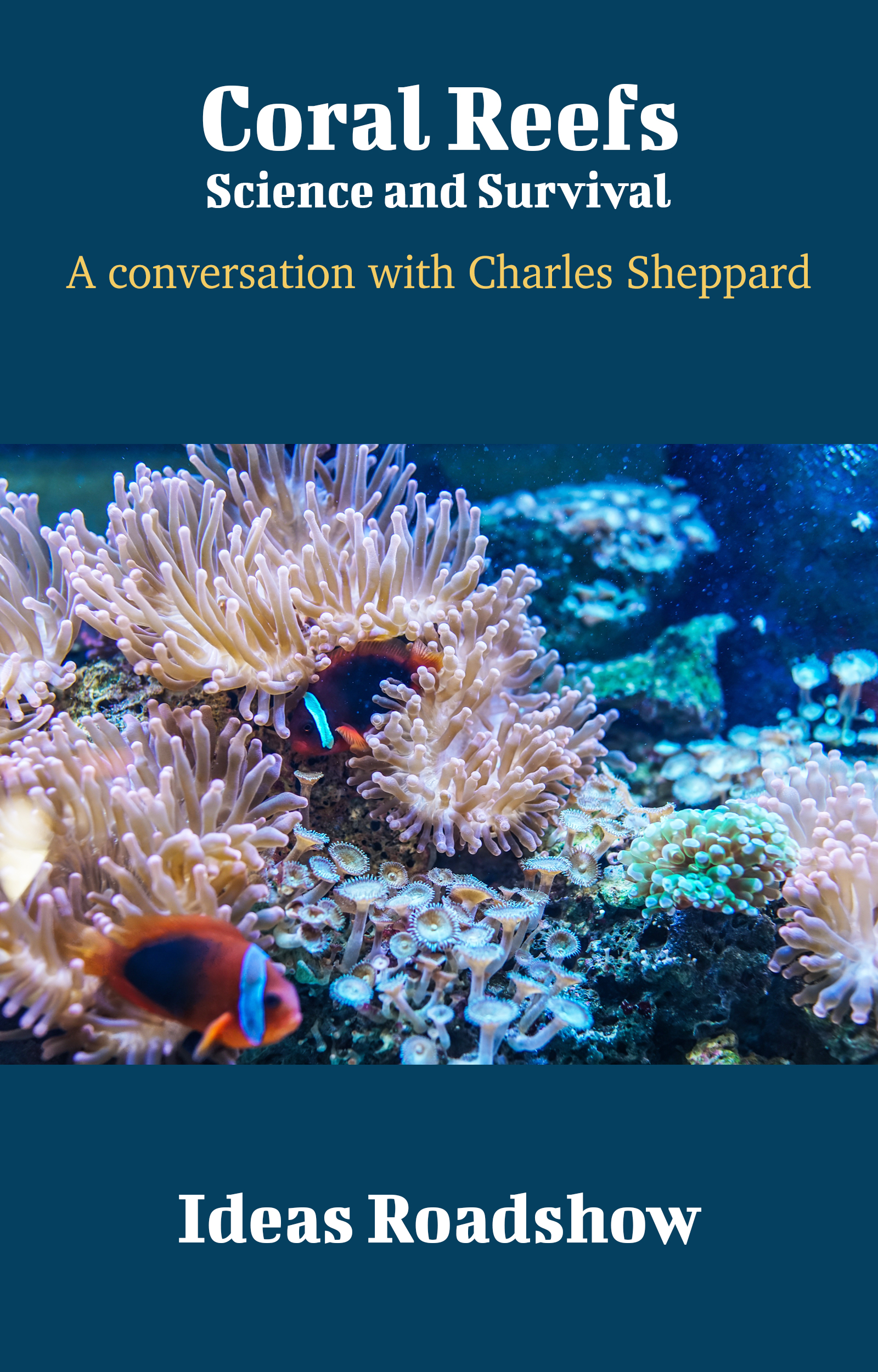Howard Burton - Coral Reefs: Science and Survival: A Conversation with Charles Sheppard
Here you can read online Howard Burton - Coral Reefs: Science and Survival: A Conversation with Charles Sheppard full text of the book (entire story) in english for free. Download pdf and epub, get meaning, cover and reviews about this ebook. year: 2021, publisher: Open Agenda Publishing, genre: Art. Description of the work, (preface) as well as reviews are available. Best literature library LitArk.com created for fans of good reading and offers a wide selection of genres:
Romance novel
Science fiction
Adventure
Detective
Science
History
Home and family
Prose
Art
Politics
Computer
Non-fiction
Religion
Business
Children
Humor
Choose a favorite category and find really read worthwhile books. Enjoy immersion in the world of imagination, feel the emotions of the characters or learn something new for yourself, make an fascinating discovery.

- Book:Coral Reefs: Science and Survival: A Conversation with Charles Sheppard
- Author:
- Publisher:Open Agenda Publishing
- Genre:
- Year:2021
- Rating:4 / 5
- Favourites:Add to favourites
- Your mark:
Coral Reefs: Science and Survival: A Conversation with Charles Sheppard: summary, description and annotation
We offer to read an annotation, description, summary or preface (depends on what the author of the book "Coral Reefs: Science and Survival: A Conversation with Charles Sheppard" wrote himself). If you haven't found the necessary information about the book — write in the comments, we will try to find it.
This book is based on an in-depth conversation between Howard Burton and Charles Sheppard, Professor of Life Sciences at the University of Warwick. Prof. Sheppard has worked extensively for a wide range of UN, governmental and aid agencies in tropical marine and coastal development issues. This conversation explores how Prof. Sheppard is trying to find a way through political shortsightedness, corporate greed and societal indifference to use his experience to make the planet a better place.
This carefully-edited book includes an introduction, All Too Relevant, and questions for discussion at the end of each chapter:
I. Watery Beginnings - The power of scuba diving
II. Building A Reef - Coral, algae and time
III. Gratuitously Unsustainable - The problem with humans
IV. Towards Progress? - Leadership, policies and philanthropic foundations
V. Climate Change - Two pernicious effects
VI. What To Do? - The importance of marine spatial planning
About Ideas Roadshow Conversations Series (100 books):
Presented in an accessible, conversational format, Ideas Roadshow books not only explore frontline academic research featuring world-leading researchers, including 3 Nobel Laureates, but also reveal the inspirations and personal journeys behind the research. Howard Burton holds a PhD in physics and an MA in philosophy, and was the Founding Director of Canadas Perimeter Institute for Theoretical Physics.
Howard Burton: author's other books
Who wrote Coral Reefs: Science and Survival: A Conversation with Charles Sheppard? Find out the surname, the name of the author of the book and a list of all author's works by series.










